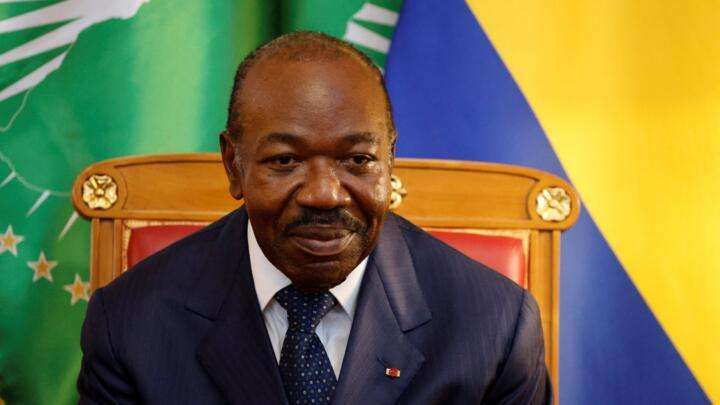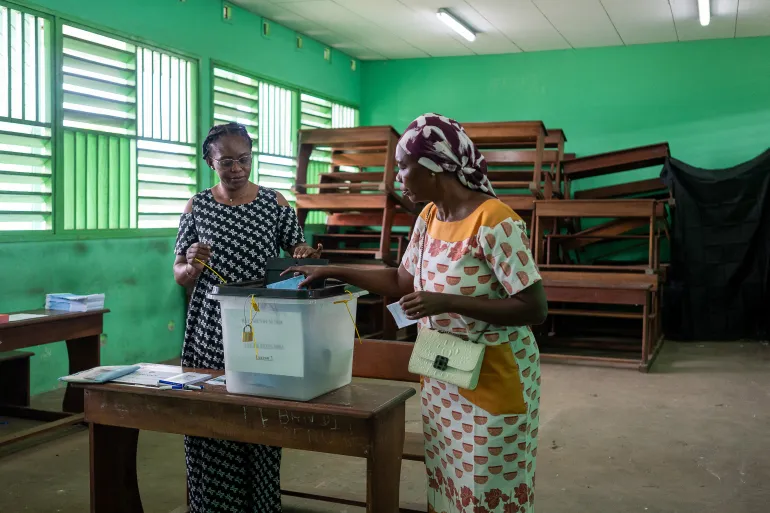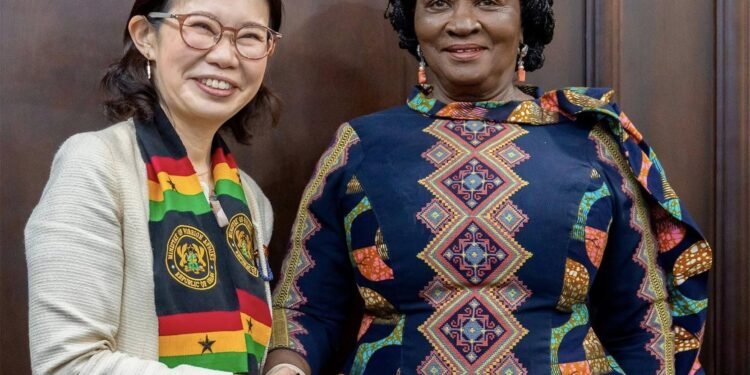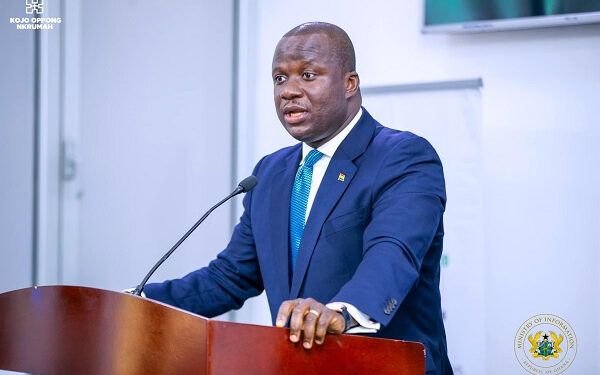Gabonese are voting in a pivotal referendum on Saturday, marking a major step in the country’s bid to establish democratic rule following last year’s military ousting of President Ali Bongo Ondimba.
The proposed constitution aims to implement sweeping changes to prevent dynastic leadership and set clear presidential term limits, ending over five decades of Bongo family rule in the oil-rich Central African nation.
Approximately 860,000 registered voters are expected to cast their ballots, deciding on a draft charter that promises significant political reforms. The adoption of the new constitution requires more than 50 percent of the votes.
General Brice Oligui Nguema, the transitional president who spearheaded the coup in August 2023, urged voters to embrace the changes. “We have a date with history,” Nguema wrote on social media, sharing a photo of himself in civilian clothing, holding his voting card.
He has consistently promoted the draft charter as a symbol of the military’s pledge to return Gabon to civilian rule.
Military Leader Eyes 2025 Presidential Bid
General Nguema has pledged to restore civilian governance after a two-year transitional period, but he has made no secret of his ambition to run in the presidential election scheduled for August 2025.
The current referendum is seen as a key step toward stabilizing the nation after the abrupt end of Bongo’s 14-year tenure, which began in 2009 following the death of his father, Omar Bongo, who had governed since 1967.
Ali Bongo was removed from office mere hours after being declared the winner in an election widely criticized by the military and opposition for alleged fraud. The military intervention was celebrated by many citizens as a long-awaited opportunity for reform.
The new constitution, if approved, will introduce a seven-year presidential term with a two-term limit, replacing the current system of renewable five-year terms without restrictions.
The changes also include eliminating the prime minister’s position and designating French as the country’s working language. Crucially, the proposed constitution will ban family succession to the presidency — a direct response to Gabon’s long-standing dynastic rule.
Mixed Reactions Amid Calls for Change
Supporters of the new constitution believe it will pave the way for democratic progress. Nathalie Badzoko, a 33-year-old civil servant, shared her optimism: “I am voting ‘yes’ because I trust the military government,” she said, although she admitted she hadn’t read the full document containing 173 articles.
However, critics argue that the charter could consolidate power in the hands of the interim leader. “We are creating a dictator who designs the constitution for himself,” Marlene Fabienne Essola Efountame, a lawyer, remarked during a televised debate last Sunday.
Nguema’s ties to the previous administration have also drawn scrutiny. The interim president, who is a cousin of Ali Bongo, previously served as a bodyguard for Omar Bongo and led the elite Gabonese Republican Guard.

Voting in the capital, Libreville, got off to a delayed start at several polling stations, including the Lycee Leon M’Ba school. Ballot papers — green for “yes” and red for “no” — were still being distributed when the polls opened at 7 a.m. (06:00 GMT). The nation’s 2,835 polling stations are expected to close at 6 p.m. (17:00 GMT), with results to be announced by the constitutional court.
Despite Gabon’s membership in the Organization of the Petroleum Exporting Countries (OPEC), the nation’s oil riches have historically benefited only a select few. According to the World Bank, nearly 40 percent of Gabonese youth aged 15 to 24 were unemployed as of 2020.
As voters line up to decide the fate of the proposed charter, the outcome could signal a new era for Gabon, shifting the trajectory of a country long overshadowed by political continuity and concentrated wealth.
READ ALSO: Lordina Mahama Visits Manhyia Palace Ahead of 2024 Presidential Elections























